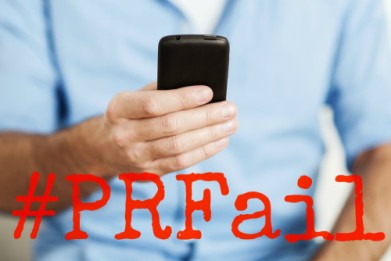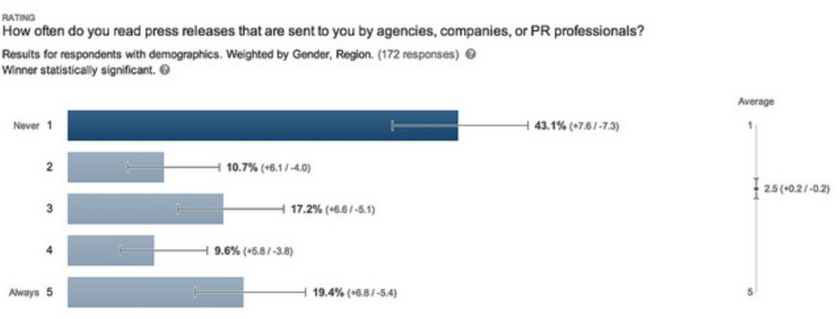By Sarah Copeland
I recently attended an event held at my university to recognize Pulitzer prize winners who are alumnae of the university. There were ten participants who came to sit on panels during the event and answer questions about their experiences. The event was divided into two segments. The first half featured the first panel of five Pulitzer finalists. The second half featured five alumni Pulitzer prize winners: Leana Allen, Kerry Gunnels, Dan Malone, Gayle Reaves and David Klement.

Pulitzer Winners Dan Malone, David Klement, Gayle Reaves, Kerry Gunnels and Leona Allen (from left to right)
All ten of these journalists had incredible experiences to share. They dealt with stories that center around the main issues within our culture as well as cultures around the world. One of the alumni described their role as an “act of bearing witness.” This description really resonated with me personally. The role of a journalist is indeed to witness and retell to the public, and these specific journalists have had the job of retelling very difficult stories. Some of the main topics centered around the Black Lives Matter movement, sex trafficking in Thailand and other racist or sexist topics.
“Everyone is different and has a different story,” Finalist Melissa Boughton said. “Never go into a story with a preconceived notion.” This piece of advice means so much more coming from this journalist. She, like several other alumni present at the event, have worked on stories centered on the current racial issues occurring in America. Her job is to get both sides of the story and report the truth told by her source.
Why do these journalists take up such difficult beats? Why do they follow such controversial, emotional topics? Because they have a responsibility to public service. They report the truth and tell these stories in order to get the response the stories deserve. These journalists hope to get responses like, “That’s just wrong!” or, “That’s not right.” If they induce those types of responses then they have done their job well.
These journalists won the Pulitzer prize because they publicized issues that need attention. They didn’t shy away from difficult subjects but fully embraced them in order to retell the difficult stories to others. These journalists call attention to the bad things going on in the world, not to highlight negativity, but to encourage change. Because of these journalists, wrongs that occur in society don’t go unnoticed.


 Image Source
Image Source




 Image Source
Image Source